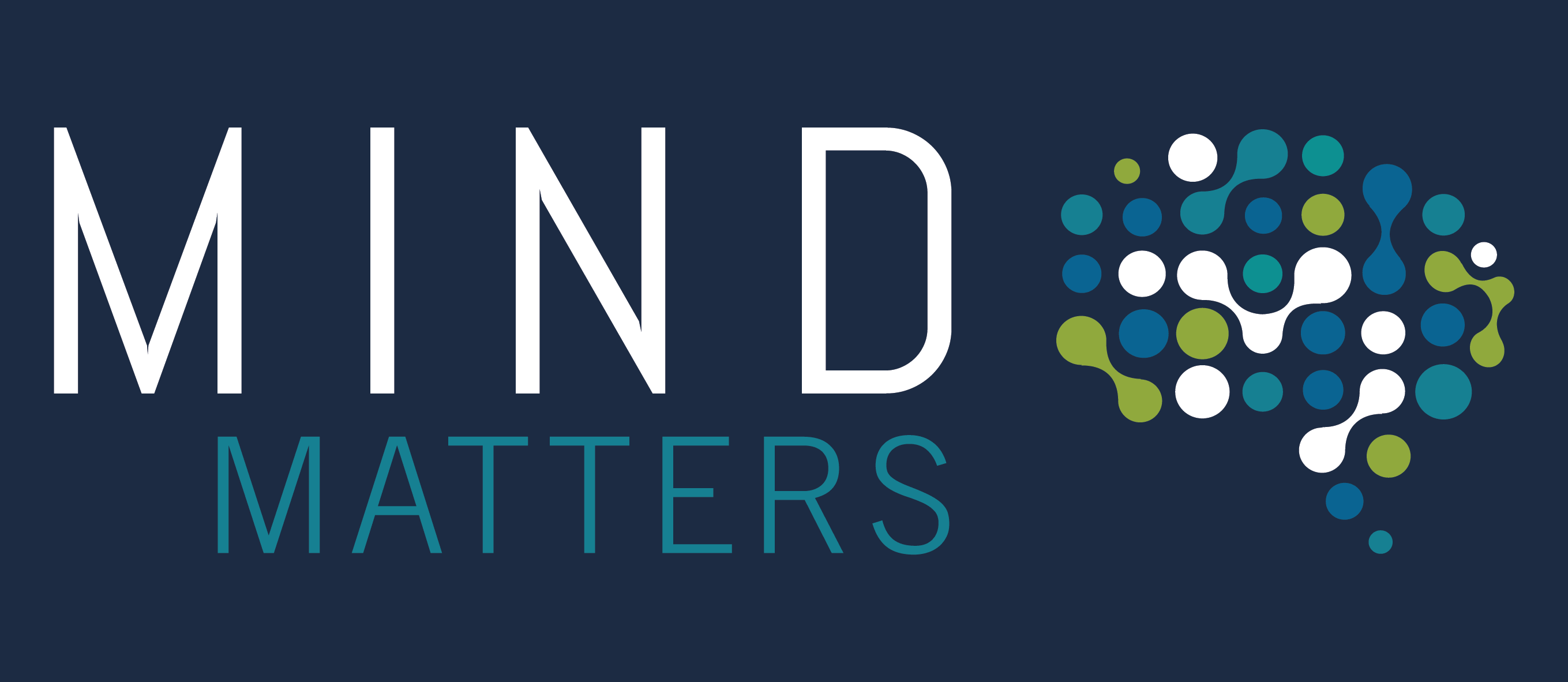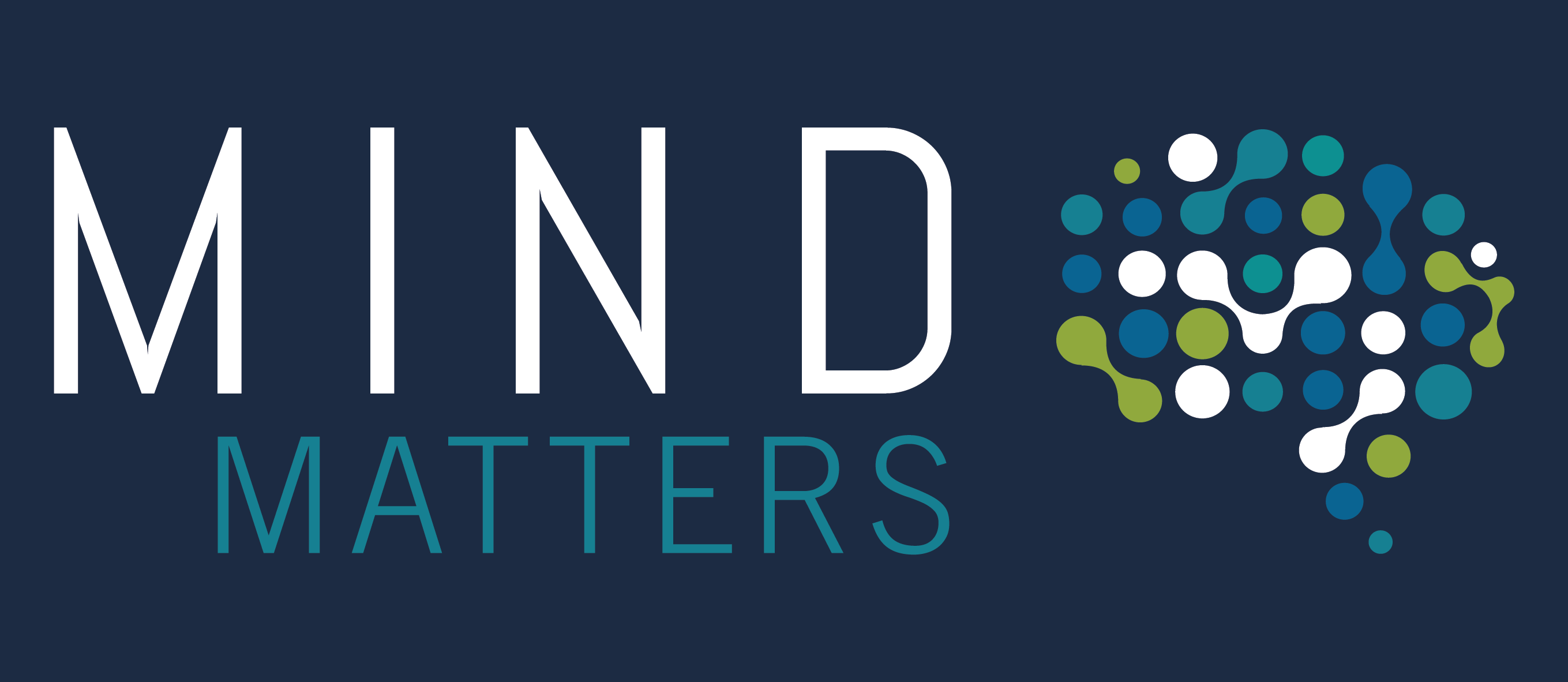RESILIENCE TRAINING FOR RESEARCHERS
Utilize evidence - based strategies and techniques to build your personal resilience to increase your mental wellbeing and happiness to meet the demands of career in research
Next Class Starting on Sep 23
Technology is continuing to transform our lives at an ever-increasing pace. Work places are becoming more demanding both mentally and intellectually. Entire industries are finding themselves at a tipping point with a need to reinvent the way they operate and innovate. At the same time the world around us is increasingly getting volatile - economically, politically, and socially.
The pace of change is increasing, and it is easy to forget that the way our brains operate has remained the same.
A career in academia has always been challenging. After all, researchers tend to taste failure more often than success over the course of their careers. Add to that the pressure to spend long hours in the lab (be it explicit or implicit), the subtle (or not so subtle) bullying that is unfortunately still commonplace in many places in academia, the publish-or-perish imperative and the unfavourable odds of securing tenure.
It does not come as a surprise that researchers are more prone to suffer from mental health conditions than many other professional groups. Echoed by numerous other studies, in the 2019 Wellcome Trust Mental Health survey, 1 in 2 researchers admitted to having or actively seeking professional help for their mental health.
Publications do not guarantee tenure. A successful career does not guarantee happiness. Even if we find our work deeply rewarding, the demands of a research career can easily make us feel trapped inside our own lives.
Maybe you find yourself repeatedly burning the midnight oil in the lab. Maybe an exhaustion has set in that weekends and holidays are no longer able to alleviate. Maybe you feel torn between the expectations you place on the contribution you want to make to your field of research and, spending more time with family and friends. Maybe you want something bigger for your life, but you cannot see how your day-to-day experience takes you any closer to your goals.
IS THIS HOW IT IS SUPPOSED TO BE?
We get it. We've been there. Now - after having helped people improve their mental wellbeing for many years - we know that there is a different way of working and being.
Do you find yourself
You can do it too! You don’t have to accept that this is what life in academia is like
Imagine, if ...
Yes, you can do it!
Will it be an overnight transformation? No, of course not. Changing your behavioural patterns and routines takes more than a single workshop. It's a journey that will take effort and dedication. Resilience is not an innate trait. It's a new skillset that you can develop and this takes time. The good news is that you don't have to figure it out all by yourself. For 9 weeks we will guide and mentor you through this process.
3 REASONS WHY BUILDING YOUR RESILIENCE SHOULD BE A PRIORITY FOR you
1. IMPROVE WELLBEING
Especially at the start of a research career, it can be tempting to put ourselves last to get the job done. However, mental wellbeing is at the core of who we are as human beings and can only be ignored at our peril. Our research projects can be a source of purpose, passion and energy or can become a source of stress, anxiety and exhaustion. We can literally make a hell out of heaven unless we wake up to the reality of the situation. Prioritizing our wellbeing is a choice, and it's us who are ultimately responsible for ourselves.
2. REDUCE STRESS AND FRUSTRATION
Most of us consistently overestimate the medium- and long-term impact of positive and negative significant events. However, it is primarily our day-to-day experience that shapes our happiness and wellbeing. "In research, we are often taught by our supervisors to chase the big thing. Unfortunately, the big thing does not come around that often. On the contrary, the negative results are more frequent. This creates so much frustration." shared one of our participants after the training. "Resilience is important to understand that failure is how research projects progress for most researchers. Failed experiments do not mean that you are not good enough. It only means that you are a researcher experiencing the reality of research." Learning to celebrate and appreciate the seemingly small daily things and putting setbacks into perspective allows us to find meaning and joy in our lives.
3. BUILD BETTER RELATIONSHIPS
At the heart of mutually supportive relationships is conflict resolution. Learning to take a step back and manage conflicts and disagreements more effectively is one of the most critical aspects of developing resilience. Spending long hours in the lab under pressure surrounded by colleagues who are also stressed is very common in academia. As researchers, we tend to focus on the "facts" as we perceive them when conflicts arise whilst completely ignoring the human elements. We cannot change the behaviour of our colleagues, but we can learn to change the way we are allowing their behaviour to affect us.
WHAT PAST PARTICIPANTS SAY ABOUT THE TRAINING
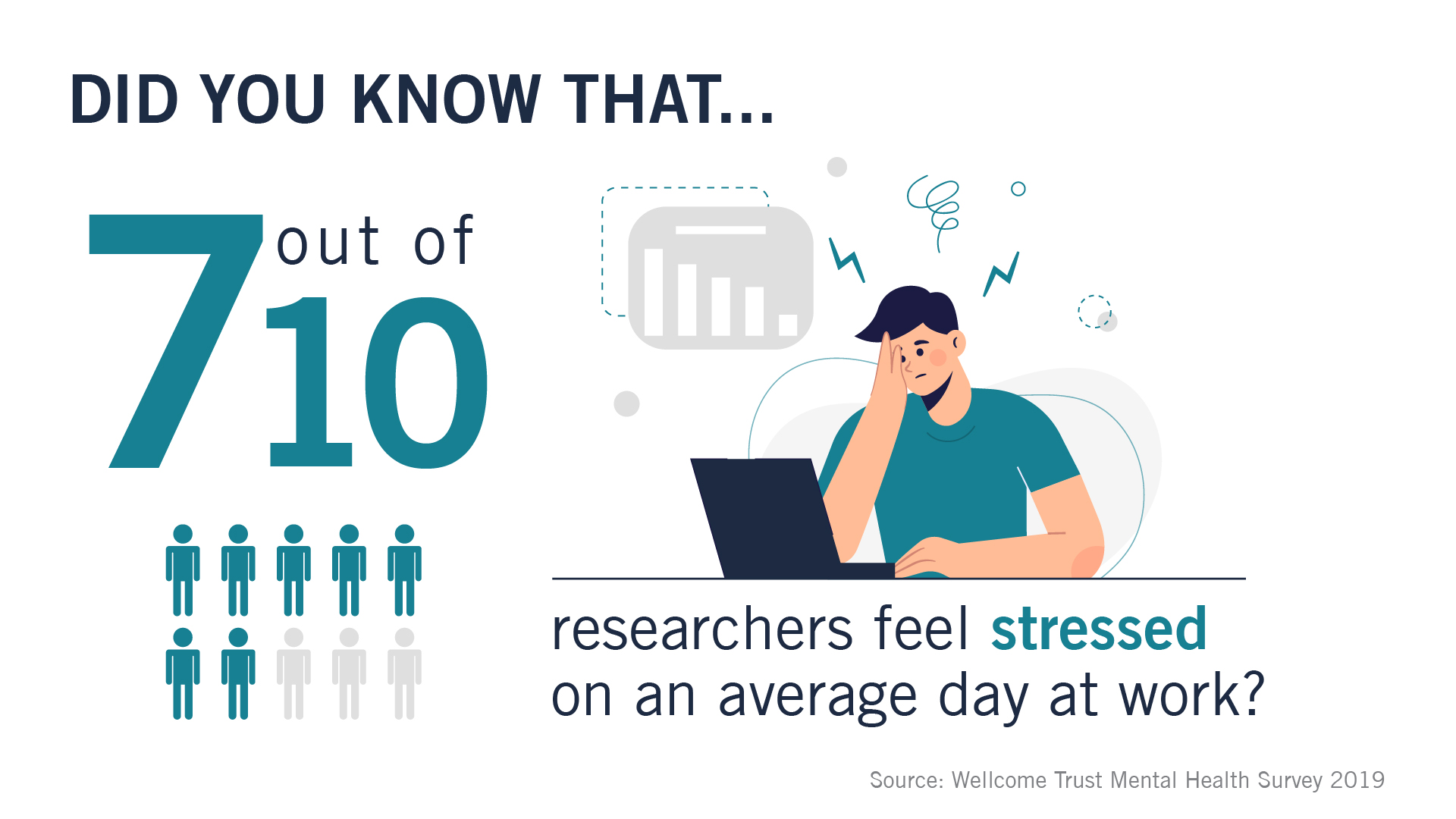

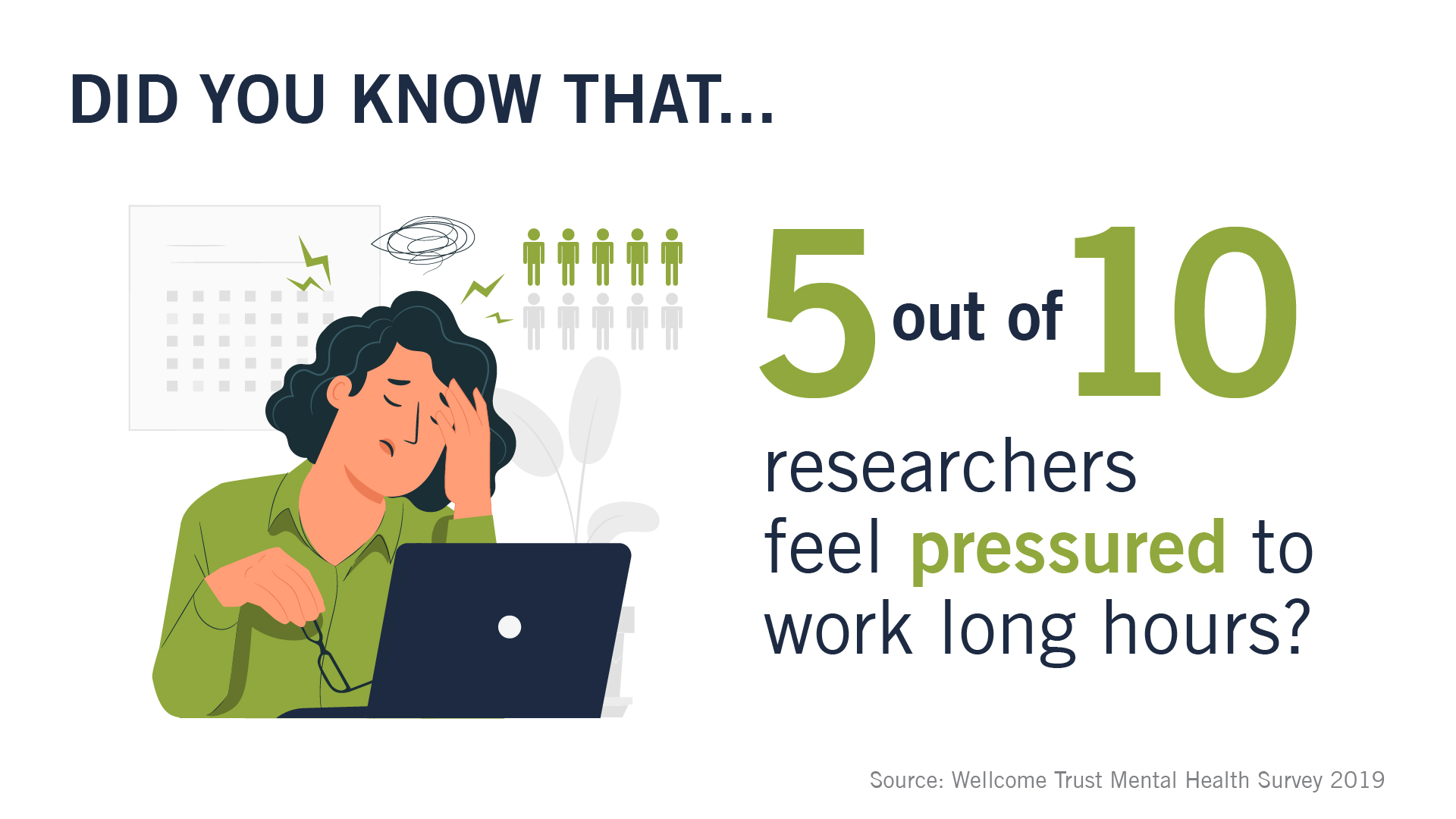

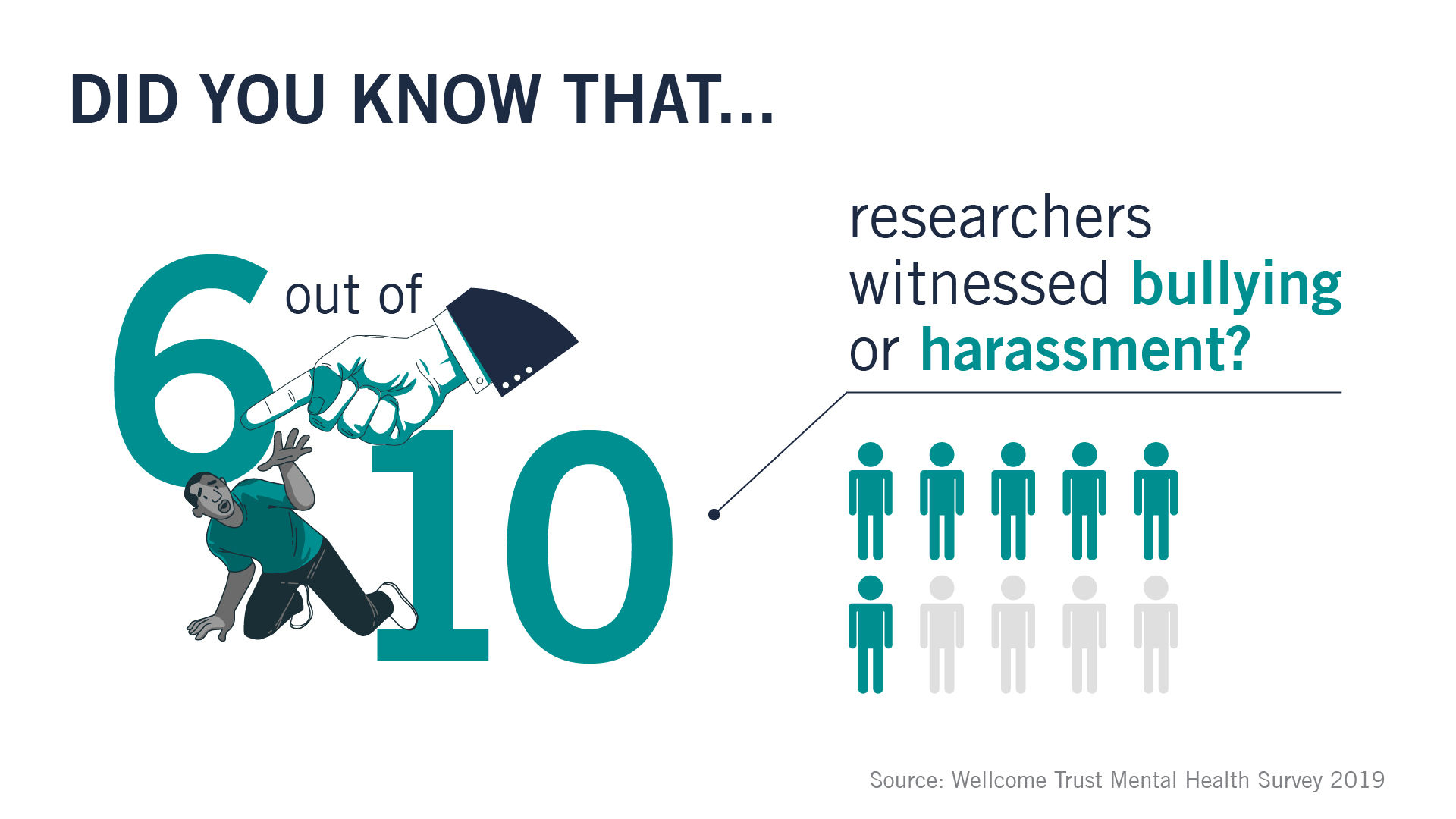

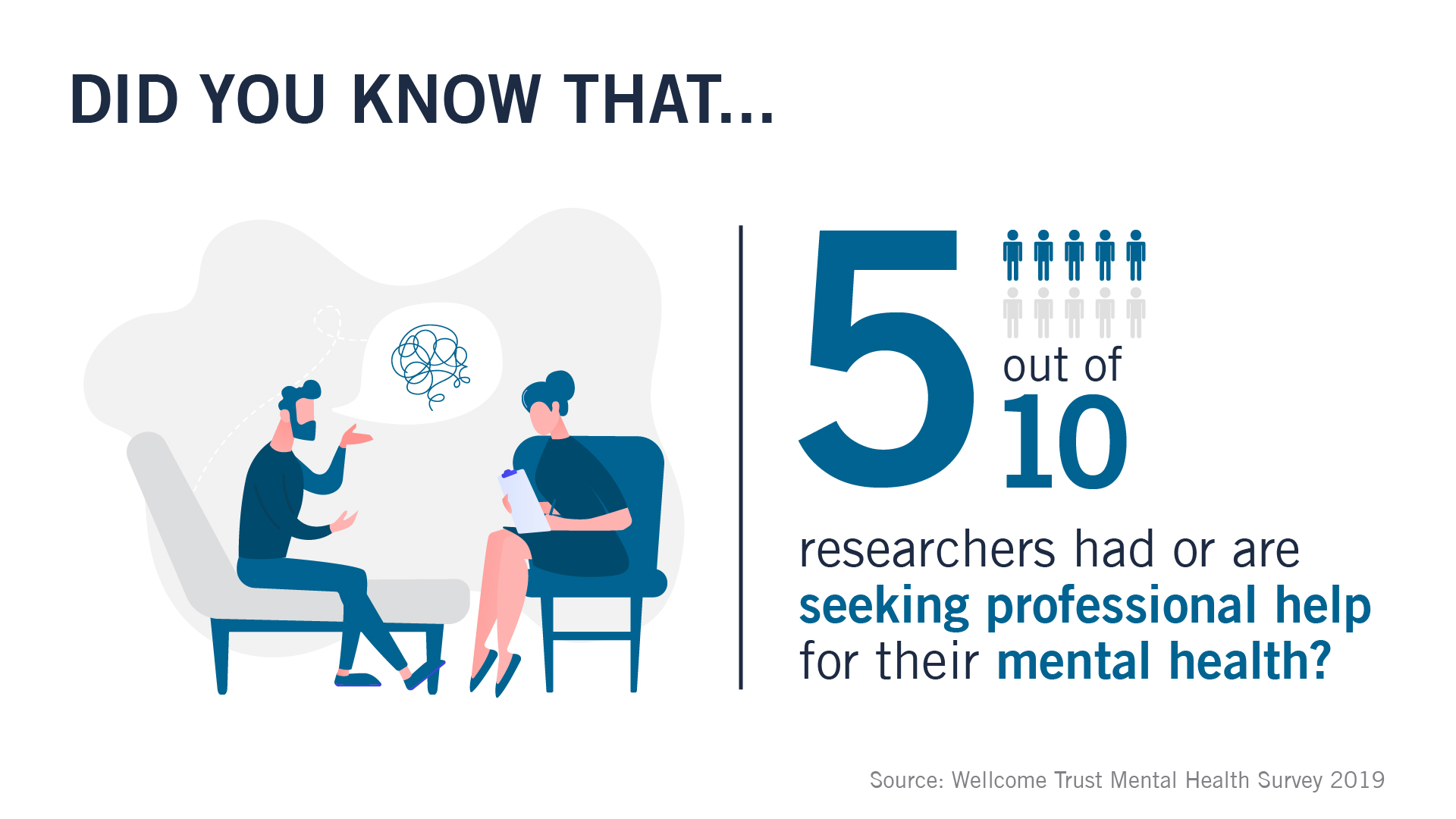

Are you a training or program coordinator interested in offering this training to researchers at your university or research institution?
SUCCESS STORIES FROM OUR PARTICIPANTS
I'm proud that I prioritized my mental and physical health in the last 9 weeks and that I put in the work to fully attend this seminar, because I believe that change for the better is possible.
DANIEL
Most important for me is the fact that I enjoy my work a lot more than I did 9 weeks ago. This is not only helpful for my productivity, but also increases my overall happiness.
SIMON
The changes I am most proud of is the active way I have been identifying and working through deeply rooted ways of thinking. Changing the way I think about myself has been the most rewarding.
ELAINE
I started meditating around week 4 and I've been doing morning meditations every day for over a month now - which is something that I've been wanting to do for a long time, but never actually managed to keep up!
HANNA
WHAT IS Resilience Training?
Advances in neuroscience are rapidly changing our understanding of our brain: how it adapts to change and in response to our past and present experiences, how we respond to stress and how we recover from setbacks. The Resilience Training for Researcher is a structured, 9-week group coaching journey that applies these insights to a personal development context.
We start with establishing a baseline, using the Personal Resilience Indicator (PRI), a scientifically-validated psychometric assessment that measures your current level of resilience across six domains: Health, Purpose, Problem-Solving, Perseverance, Composure and Relationships.
From here, we will embark on a 9-week training journey to help you build resilience systematically. The Resilience Training uses a combination of weekly interactive group workshops, workbooks guiding you step-by-step through the techniques, personal feedback in a private training community and, if needed, a 1-on-1 SOS call with Paul to support you in difficult times.
THE 9-WEEK RESILIENCE TRAINING AT-A-GLANCE
PERSONAL RESILIENCE INDICATOR
Measure your current level of resilience with our scientifically-validated resilience psychometric
Health
Learn how to make conscious lifestyle choices that support your physical and mental health
core beliefs
Uncover your limiting Core Beliefs that subconsciously drive your thoughts and behaviours
COMPOSURE
Create emotional self-awareness and develop your ability to regulate your emotions under pressure
PURPOSE
Discover what gives you meaning and a sense of direction in life
PROBLEM-SOLVING
Learn how to maximize your ability to solve problems and to create insights
PERSEVERANCE
Learn techniques to help you push through personal and professional challenges without exhausting yourself
RELATIONSHIPS
Understand how to use your intuition and trust to build mutually supportive relationships
WAY FORWARD
Measure your progress with the Personal Resilience Indicator and build your personal resilience game plan
HOW DOES IT WORK
PERSONAL RESILIENCE INDICATOR
Measure your current level of resilience with our state-of-the-art resilience psychometric
Weekly Live workshops
Learn how to build your resilience in 9 weekly workshops. Interact virtually with researchers from other institutes.
RESOURCE AREA
Review recordings from the live workshops and work through the exercises in the workbooks at your own pace.


PRIVATE COMMUNITY
Join our private training community, ask questions, interact and share your assignments
SOS SESSIONS
Book a 1-on-1 SOS session with Paul to help you push through challenges when you're struggling.
2022 classes starting on
Feb 7 & Sep 19
WHAT PAST PARTICIPANTS SAY ABOUT THE TRAINING
DR. NADINE SINCLAIR
Nadine is a trusted advisor to corporate and academic leaders and one of the Managing Directors of Mind Matters. Before embarking on her entrepreneurial journey, she was a project manager with McKinsey & Company. A scientist by training and at heart, she conducted her doctoral research at the Max Planck Institute for Biophysical Chemistry.
In her work as a neuroleadership expert, she uses her scientific mind to bridge the gap between science and business practices using the latest insights from neuroscience and behavioural economics to create breakthroughs for her clients.
More about Nadine




PAUL SINCLAIR
Paul is one of the Managing Directors of Mind Matters. He is passionate about helping high-achievers transform their resilience, emotional intelligence and leadership style to become more authentic leaders of themselves and others. He has trained with Dr Gabor Maté – one of the most renowned and sought-after experts in trauma therapy, addiction and the link between emotional stress and physical illness.
Building on his past experiences as a top athlete, member of an elite military unit, recovering addict and as a successful entrepreneur, he knows what it takes to change your brain and transform ingrained patterns of thought, feelings and behaviour.
More about Paul
MORE SUCCESS STORIES FROM PAST PARTICIPANTS
I usually have a good "gut feeling" about things, but I wasn't very good in reading it. I am now allowing myself the time to take a step back to identify the issue, and to counteract it. This has worked well in several situations now, and I am proud of having improved my (self-) emotional literacy.
FLORIAN
I think the most significant thing that I can mention is that most of us are struggling in some way, and just because things might look shiny from the outside, it does not mean that things are easy for those that seem to have shiny sailboats.
SEBASTIAN
I thought before that my struggles only happened to me, but I realized how much we have in common. Especially the feeling of being unworthy is so common amongst us all. I have found how other people have learned to make peace with their conflicts and struggles very motivating.
TISYA
I was surprised how easy it was during the breakout rooms to talk about very private problems, anxieties etc. I would never talk to strangers like this, but it seems that it is enough to collectively put down our 'masks' to start to trust others...
EVA-MARIA
Are you a training or program coordinator interested in offering this training to researchers at your university or research institution?
Frequently Asked Questions
